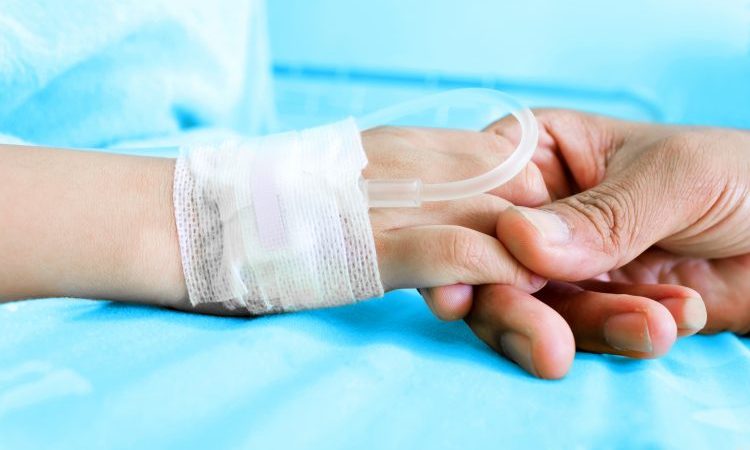Novel CAR T-cell therapy for leukaemia and lymphoma
Posted: 26 September 2019 | Drug Target Review | No comments yet
Scientists in the US have developed a promising new CAR T-cell therapy that targets the BAFF-R protein, which has demonstrated superior cancer destruction to existing FDA-approved CAR-T therapies.


The first CAR T-cell therapy targeting the B cell-activating factor receptor on cancerous cells, eradicated CD19-targeted therapy-resistant human leukaemia and lymphoma cells in animal models, according to research by the City of Hope.
The new therapy will be used in a clinical trial next year for patients who relapsed after CD19 immunotherapy treatments and may also be potentially used as a first-line of CAR T-cell therapy treatment.
CAR-T therapy problems
An estimated 20 to 30 percent of leukaemia and lymphoma patients who achieve remission after receiving CD19 CAR-T therapy will relapse after a few years. The effectiveness of the CAR-T cells that target the CD19 protein on cancerous B cells begins to wane and the cancer returns. This new therapy offers a possible solution for such patients.
“One major obstacle to current CAR-T therapy is that in up to a third of these patients, the tumour is actually smart and comes back because it has learned how to no longer express the target that’s recognised by the original immunotherapy,” said Larry Kwak, MD, PhD, vice president and deputy director of City of Hope’s comprehensive cancer center and the study’s principal author, who leads the research with Hong Qin, PhD, a research professor in City of Hope’s Department of Hematology & Hematopoietic Cell Transplantation.
“To combat that, City of Hope research has found a new, and potentially more effective, target for CAR T-cell therapy against B cell leukaemias and lymphomas. We plan to open a clinical trial next year using the BAFF-R CAR T-cell therapy.”
“This new treatment could change the face of leukaemia and lymphoma treatment in the US and worldwide,” added Kwak, the Dr Michael Friedman Professor in Translational Medicine.
CAR T-cell therapy involves taking a patient’s T cells from the bloodstream. The immune cells are then genetically engineered in a laboratory to recognise and attack a specific cancer-associated protein, such as BAFF-R, before being reintroduced into the patient’s bloodstream, whereupon they begin destroying tumour cells.
For this study, animal models with CD19 therapy-resistant human-tumours (including Burkitt, mantel cell, and other non-Hodgkin’s lymphoma subtypes and acute lymphoblastic leukaemia) received BAFF-R CAR-T therapy. Remarkable tumour regression and prolonged survival were observed after treatment with these CAR-T cells. In animal models with human Burkitt lymphoma, BAFF-R CAR-T therapy achieved a cure (complete tumour regression with 100 percent long-term survival) after a single treatment.
BAFF-R CAR-T cells more active against relapse tumours
Tumour samples from patients who relapsed after receiving CD19-targeted immunotherapy (blinatumomab) were also investigated. The study demonstrated that BAFF-R CAR-T cells were consistently active against these tumours, whereas CD19 CAR-T cells had greatly diminished responses to each patient’s relapse tumour compared to the pre-therapy samples.
“We did a head-to-head comparison of two new therapies and our data showed that our BAFF-R CAR-T therapy actually did a better job than FDA-approved CD19 CAR-T therapies,” Qinsaid. “If these results continue, we will pursue BAFF-R CAR-T therapy as a kind of frontline CAR-T therapy treatment for lymphoma and leukaemia patients.”
City of Hope plans to open a clinical trial next year using the BAFF-R CAR T-cell therapy for B cell leukaemia and lymphoma patients who have relapsed after receiving CD19 CAR T-cell therapies or blinatumomab.
This research was published in Science Translational Medicine.
Related topics
Clinical trials, Drug Development, Drug Targets, Oncology, Protein, Research & Development, t-cells, Targets, Therapeutics
Related conditions
Acute lymphoblastic leukaemia, human Burkitt lymphoma, Mantel cell lymphoma, Non-Hodgkin's Lymphoma
Related organisations
City of Hope
Related people
Hong Qin PhD, Larry Kwak MD PhD



